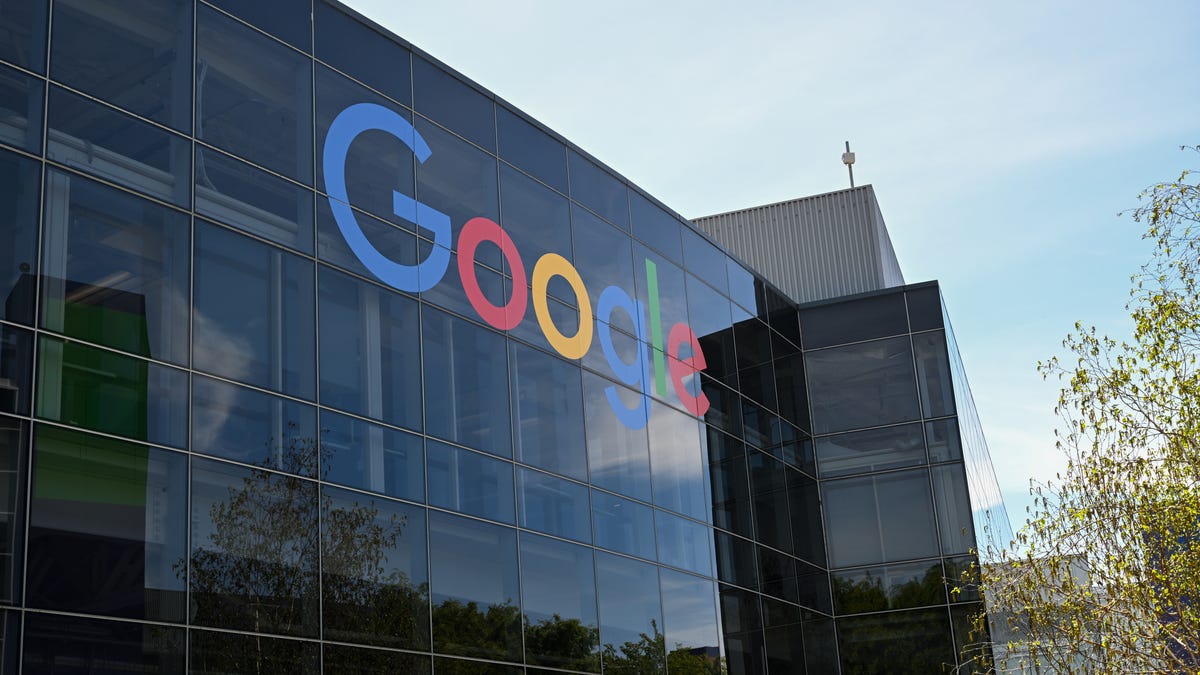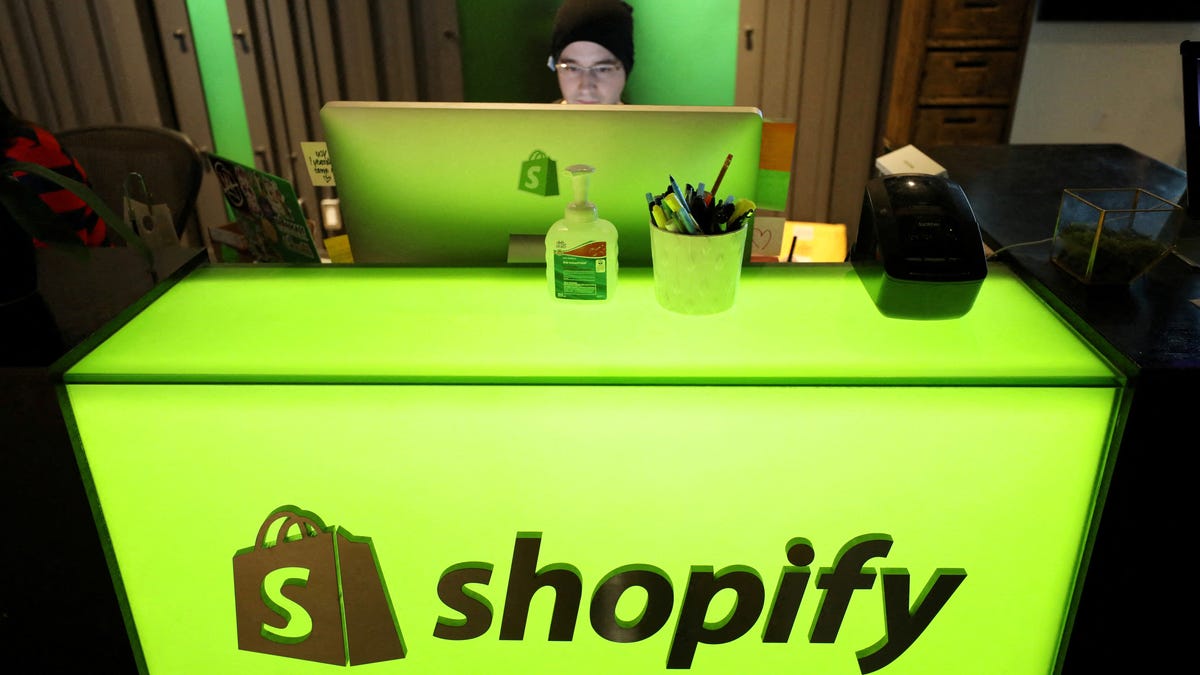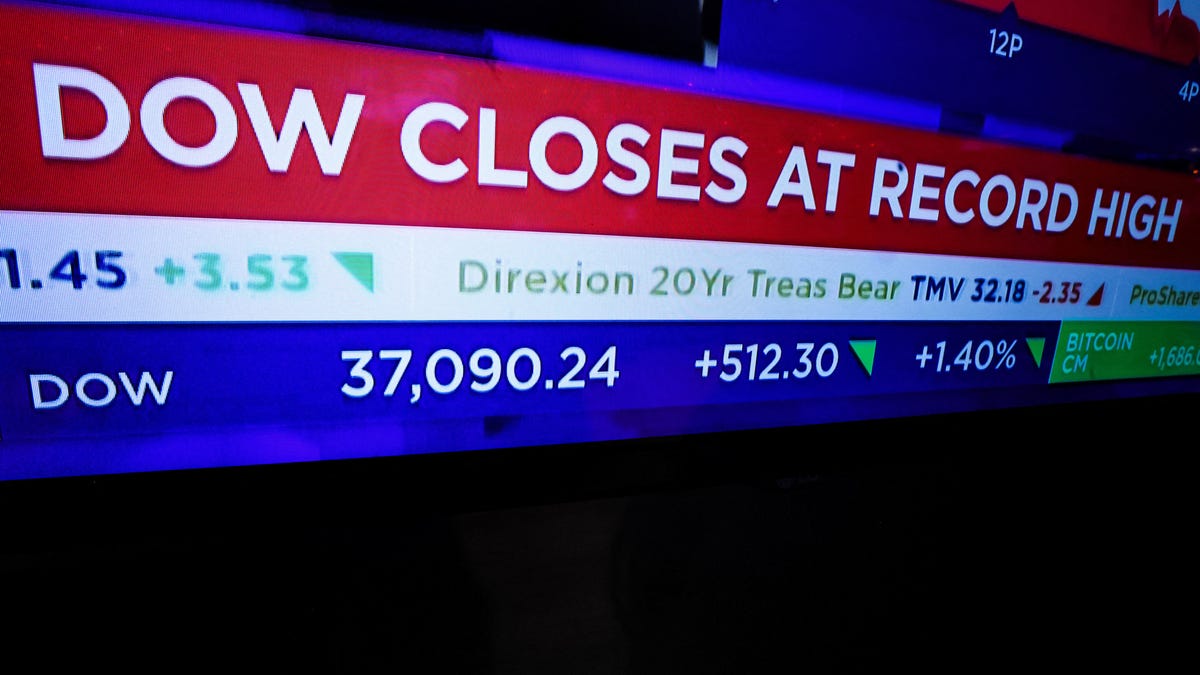The United States Department of Justice vs Google: An Antitrust Lawsuit
The United States Department of Justice (DOJ) and Google have recently concluded their closing arguments in what could potentially be a historic antitrust lawsuit. The DOJ has presented a 370-page slideshow supporting its case, alleging that Google exerts a monopoly over the search engine market. This lawsuit, filed in 2020, accuses Google of stifling competition from rivals such as DuckDuckGo and Microsoft’s Bing. Notably, this is the first significant tech antitrust case since U.S. vs. Microsoft in 1998, where Microsoft was found to have a monopoly over computer operating systems.
In recent years, regulators have intensified their scrutiny of the major tech companies, leading to a flurry of antitrust lawsuits against the likes of Amazon, Apple, Meta, and Google. The DOJ’s case against Google focuses on alleged monopolistic practices in the digital search and advertising markets. The evidence presented in the case sheds light on Google’s immense control over the search market.
Google’s Dominance in the Search Market
The crux of the DOJ’s argument is that Google holds a staggering 89% share of the search engine market. In comparison, Microsoft’s Bing commands a mere 5.5% share, while Yahoo and DuckDuckGo trail behind with 2.2% and 2.1% respectively. Google’s dominance is even more pronounced in the mobile search market, where it claims a commanding 98% share. On desktop devices, Google’s market share stands at 84%. Antitrust concerns usually arise when a company controls more than 50% of a market, making Google’s case akin to the U.S. vs. Microsoft, where Microsoft held over 90% of the computer operating system market.
Partnerships and Revenue Sharing
One of the revelations from the case is Google’s agreement with Apple, where it pays a substantial portion of its ad revenue to be the default search engine on Apple’s Safari web browser. This deal sees Google sharing 36% of its net ad revenue with Apple, resulting in payments amounting to $18 billion in 2021 and $20 billion in 2022. Google has similar exclusivity agreements with other device manufacturers and web browser developers, granting it a significant advantage in the search market. However, the DOJ disclosed that Apple had considered alternatives to Google as the default search engine, due to concerns over user privacy.
Despite efforts to explore options like DuckDuckGo, Apple’s hands were tied due to its contractual obligations with Google. The exclusivity agreements between Google and various partners effectively limit competition and maintain Google’s stronghold in the search market.
Price Setting and Competition
An essential aspect of the antitrust case is Google’s ability to raise prices without fear of repercussions. The DOJ found that Google can increase prices by 10% to 15% without impacting its profit margins. This freedom to set prices without competitive pressure is a hallmark of monopolistic behavior. During the trial, Google executives admitted that they do not routinely compare their ad pricing with competitors like Facebook or Bing, further solidifying allegations of anti-competitive practices.
Stifling Competition: The “Alice in Wonderland” Project
Internal documents revealed by the DOJ shed light on Google’s efforts to ensure that Microsoft’s Bing could not compete effectively. Dubbed the “Alice in Wonderland” project, Google analyzed how much Bing would need to pay Apple to match Google’s revenue-sharing terms. The findings indicated that Bing would have to offer Apple a staggering 122% of its ad revenue to be on par with Google’s agreement. In 2022, Google’s payment to Apple nearly doubled Microsoft Bing’s total global ad revenue for the entire year, underscoring the scale of Google’s dominance in the search market.
Image/Photo credit: source url





